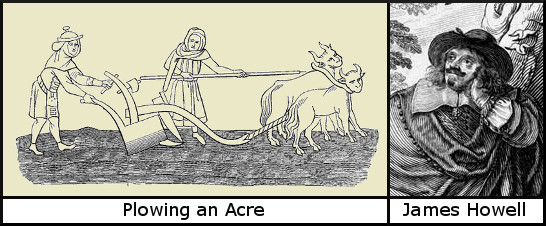Head of Spiral Graphics? Steve Miller? Steven M. Scotten? Tim Kreider? Anonymous?
Question for Quote Investigator: If you are a skilled musician, photographer, graphic artist, or writer you have probably received requests to perform work for free. For example, many people have written pieces for “The Huffington Post” without monetary compensation. The requesters often state that they offer a uniquely attractive venue or platform which will provide a valuable audience. You will achieve wide exposure and increase your fame; later a mysterious alchemical process will convert your fame into wealth.
The word “exposure” has another denotation; it refers to experiencing the harsh effects of weather without protection, especially facing cold. Some regions record mortality statistics for exposure. A comically bitter pun has been crafted based on this ambiguity:
You want me to work for exposure? But don’t you know that many people die from exposure every year?
A compressed version of the joke simply states:
Artist dies of exposure.
Would you please explore the provenance of this quip?
Reply from Quote Investigator: The earliest evidence located by QI appeared in a Usenet newsgroup called alt.art.marketplace in April 1996 within a message thread using the subject line “I am an ANGRY ARTIST!!!!!” Emphasis added to excerpts by QI:1
I was given a sage piece of advice from the owner/primary of Spiral Graphics in Albany NY (I give him a plug because his quote is so good, plus I can’t recall his name and want to give due credit) about working for exposure. He said “Go to the census bureau, and you’ll find that every year, thousands of people die of exposure.”
Below are additional selected citations in chronological order.
Continue reading “Quote Origin: You Want Me To Work For Exposure, But People Die From Exposure”
